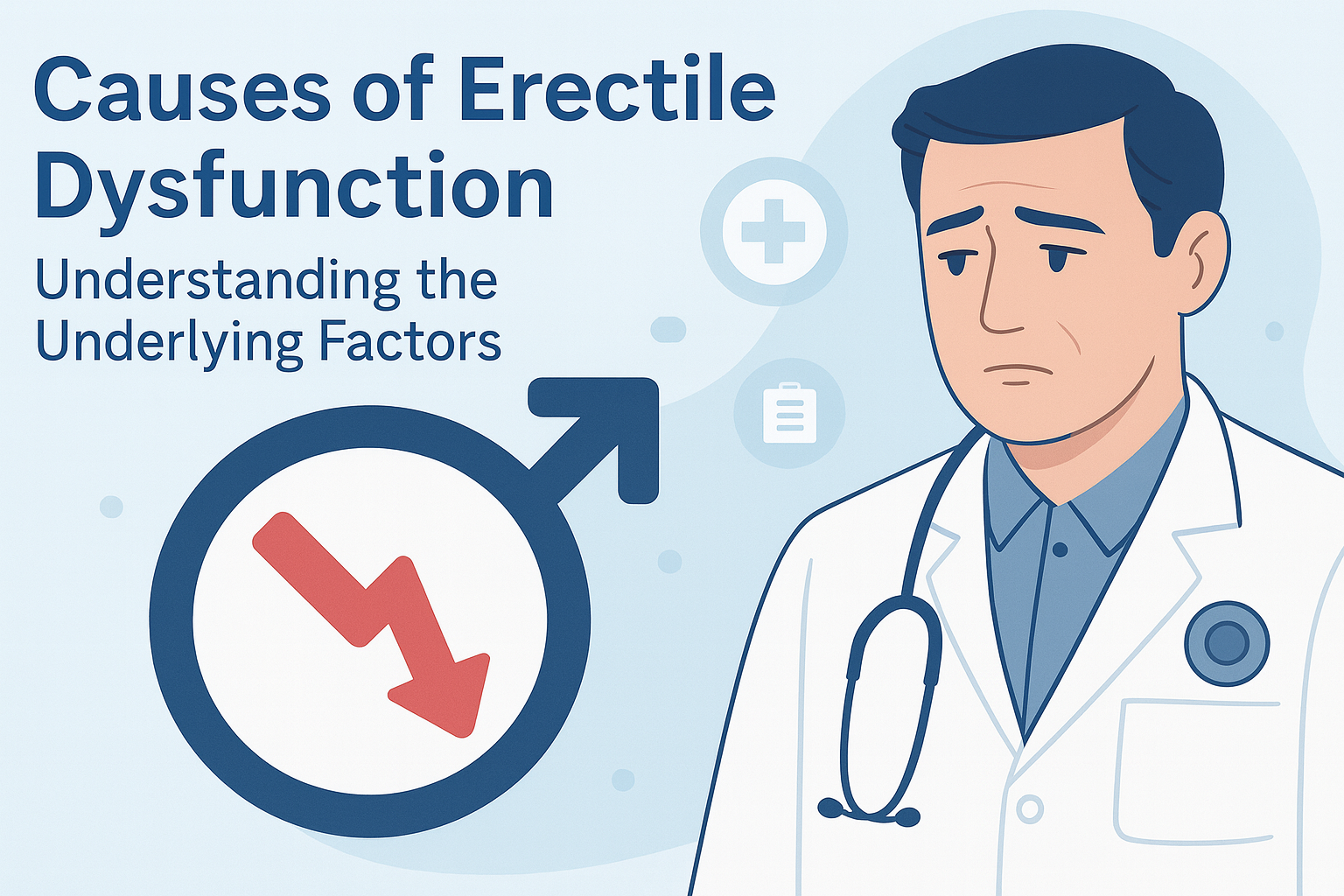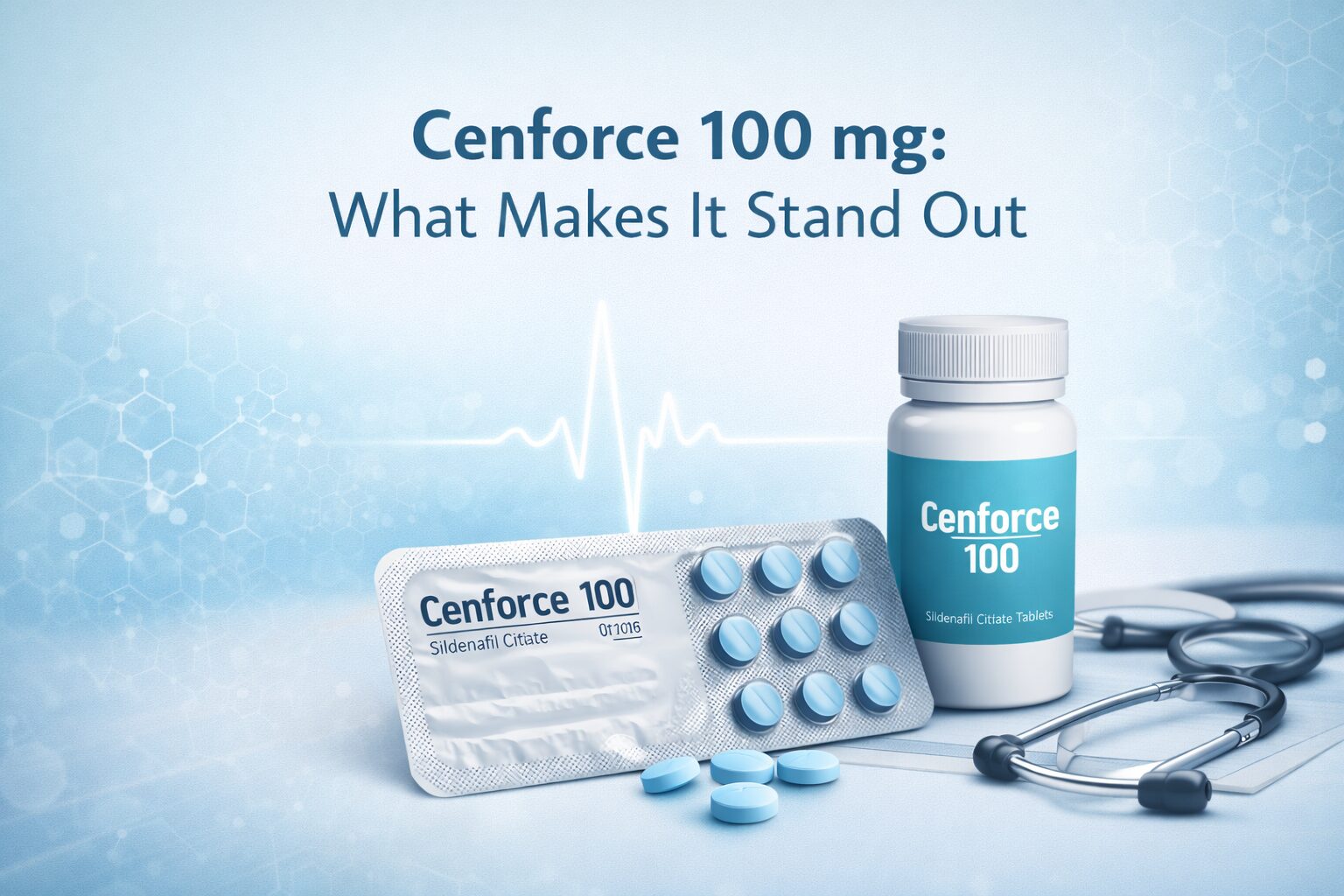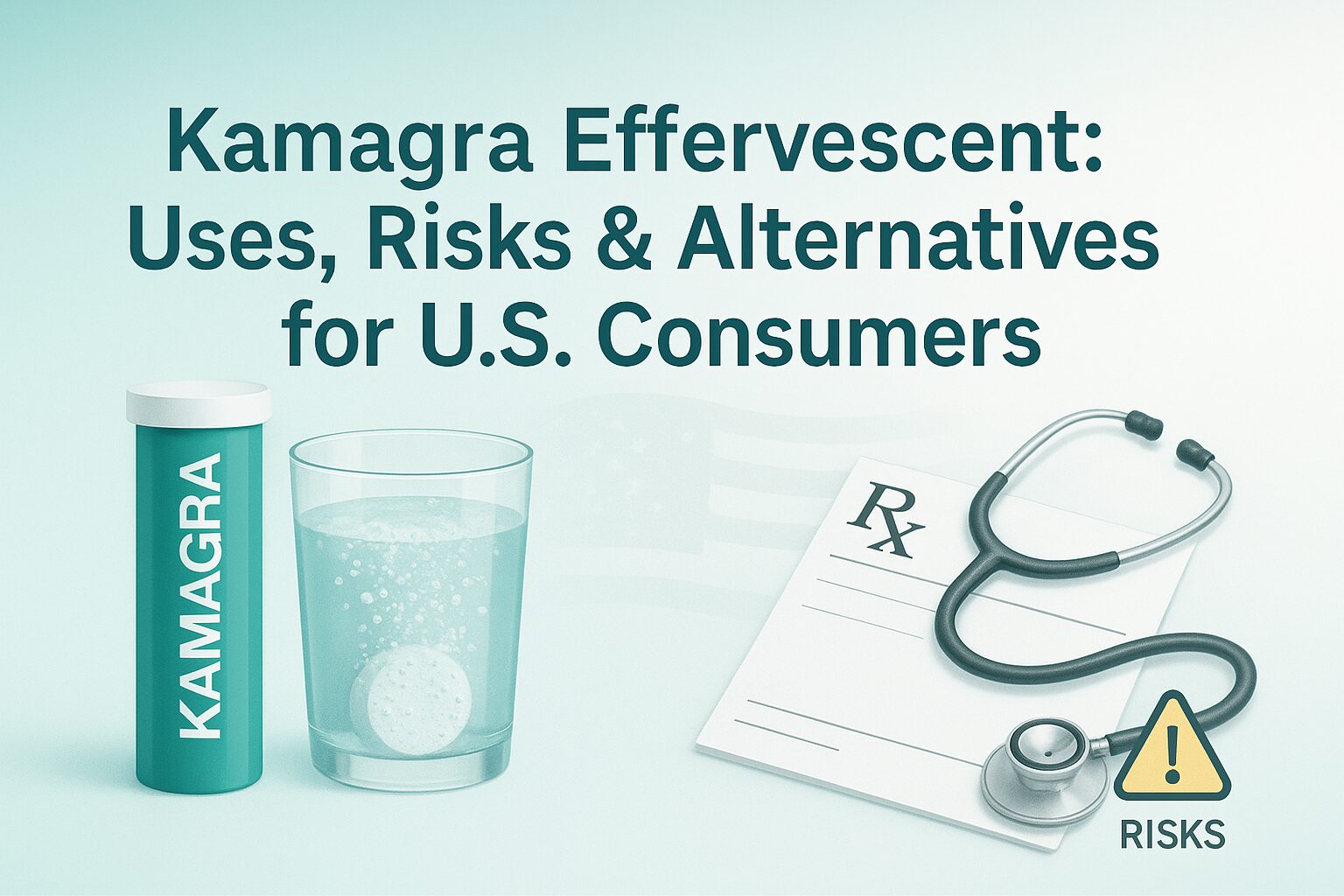Causes of Erectile Dysfunction
Let’s be real — erectile dysfunction (ED) usually isn’t about just one thing going wrong. More often, it’s a mix of stuff — health issues, stress, or even habits you barely think about. Figuring out what’s really going on is the first step toward fixing it. So here are five of the most common reasons ED shows up.
1. Blood Flow Trouble (Vascular Stuff)
If blood’s not flowing right, things won’t work — simple as that. High blood pressure, diabetes, extra weight, or clogged arteries can all mess with circulation. And when circulation’s off, well… so is performance.
2. Nerve Damage or Signal Issues
Getting an erection starts in your brain. Signals travel down nerves to the penis. But if something interrupts that signal — like a back injury, surgery, or conditions like MS or Parkinson’s — things might not connect like they should.
3. Mental Stuff (Yeah, It Matters More Than You Think)
Your brain’s kind of the control center for everything — sex included. Stress, anxiety, depression, or even relationship tension can throw everything off. For younger guys, just worrying about “will it happen?” can be enough to stop it from happening.
4. Hormone Imbalance (The Quiet Saboteur)
Testosterone isn’t just about muscles. It plays a big role in sex drive too. If levels drop — or if you’ve got thyroid issues or other hormonal shifts — your interest (and performance) might take a hit. One example? Hypogonadism — basically, low T.
5. Meds That Mess Things Up
Some prescription drugs have side effects that people don’t talk about much — like ED. Antidepressants, heart meds, blood pressure pills… all can be sneaky contributors. If things changed after starting something new, talk to your doctor. Could be an easy fix.
Bottom Line
ED usually isn’t a one-problem deal. It’s a combo of factors. The good news? Once you figure out what’s going on, there are solid ways to deal with it — from lifestyle tweaks to med adjustments or other treatments. You’re not stuck.
Disclaimer: This content is for informational purposes only and should not replace professional medical advice. Always consult your doctor before use.





